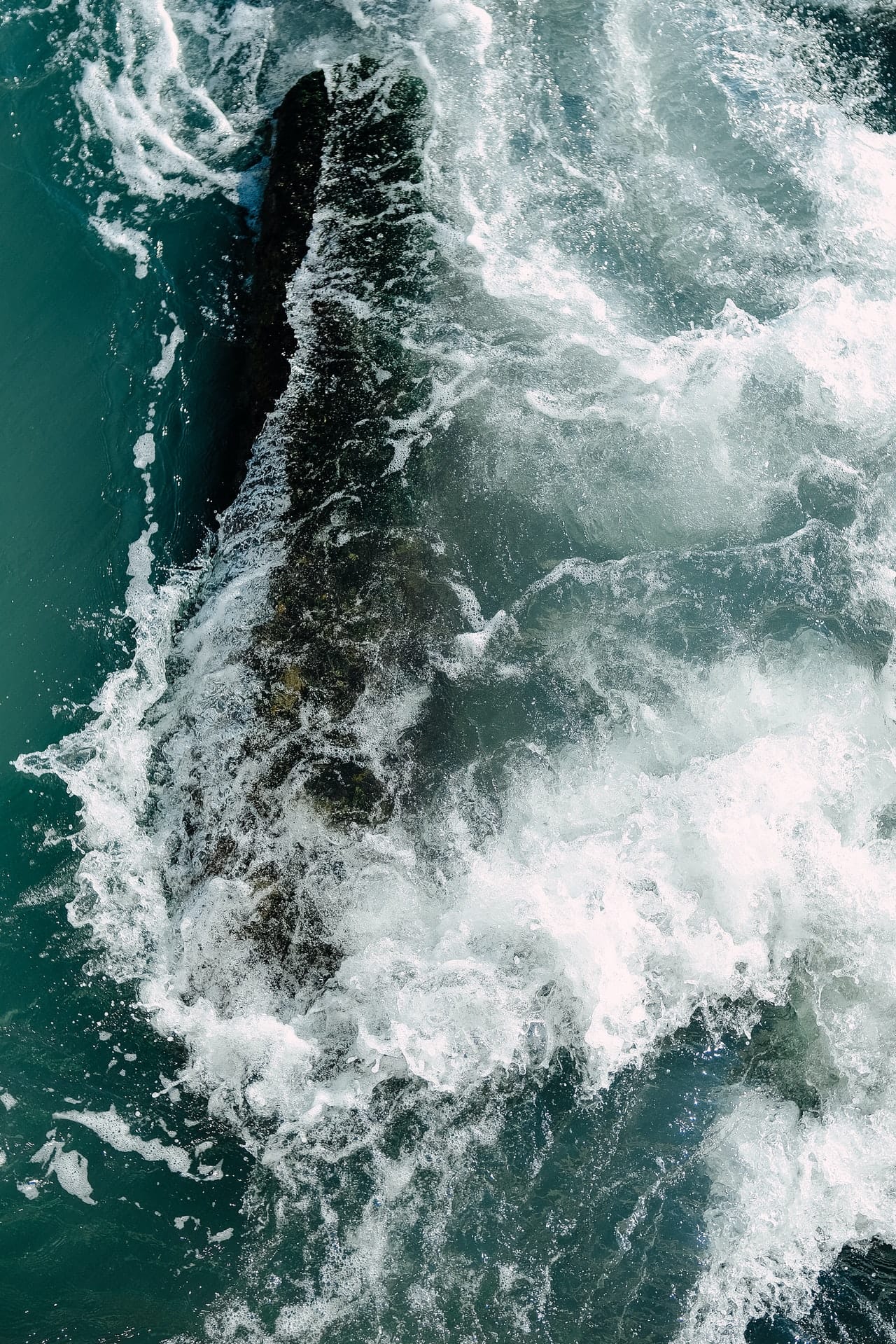A highlight on tsunami research: Professor Sam Purkis
Professor Sam Purkis is researchering the dynamics of carbonate stratigraphy and vulnerability of sea life to climate change at the University of Miami.
In a recent research, Professor Purkis and colleagues identified the potential for tsunamis to generate as a result of an incipient submarine landslide in the Tiran Straits in the Gulf of Aqaba (Purkis et al. 2022). Incipient landslides are those at their initial stage – beginning to develop but paused prior to completion. These types of landslides can be hazardous as they can theoretically develop multiple tsunami threats as they continue to slide along their slope pathway.
The researchers identified an incipient submarine landslide in the Tiran Straits which initiated for a short distance before pausing. Using radiometric dating, this process was pinpointed to the last 500 years. In order to date this landslide, corals and cemented sediments were dated using a combination of radiocarbon and U-Th dating. Local marine reservoir effect on radiocarbon dates was calculated using U-Th dating This dating and correction were completed by Dr. Arash Sharifi, VP of Laboratory Operations at Isobar Science.
Based on their findings, Purkis et al. predict that this landslide could become problematic in the future given its potential to develop a tsunami with 10 meter height waves, with high risk to various infrastructure along the urbanized sections of the Tiran Straits.
References
Purkis, S.J., Ward, S.N., Shernisky, H., Chimienti, G., Sharifi, A., Marchese, F., Benzoni, F., Rodrigue, M., Raymo, M.E. and Abdulla, A., 2022. Tsunamigenic Potential of an Incipient Submarine Landslide in the Tiran Straits. Geophysical Research Letters, p.e2021GL097493.
Image: https://www.pexels.com/photo/sea-water-wave-blue-11177223/

